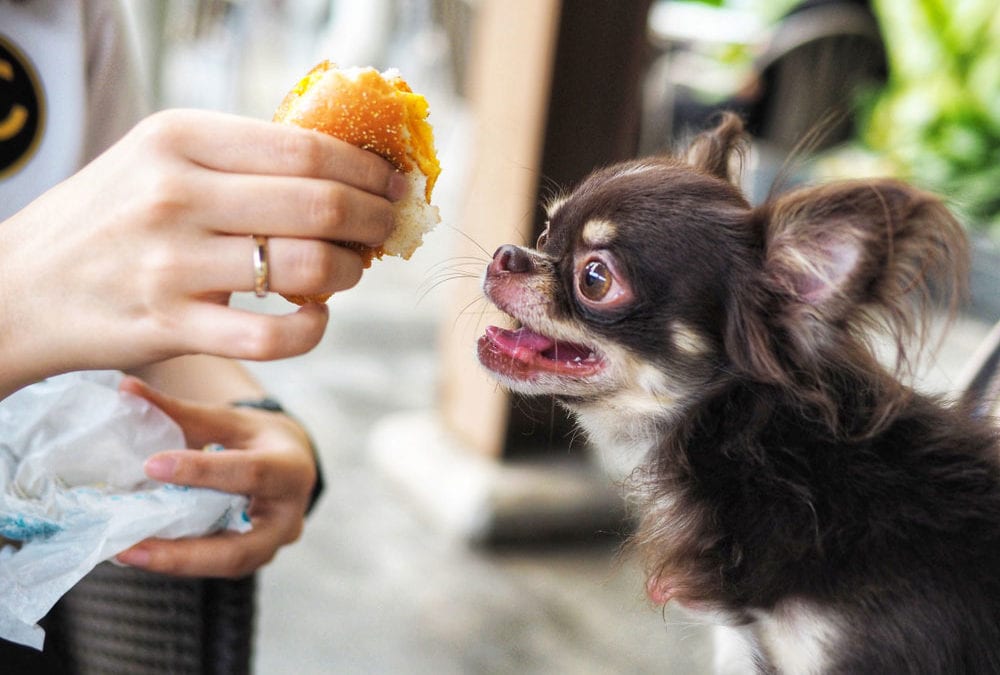The holidays see a rise in pancreatitis in dogs. Most dogs get the occasional bout of tummy trouble, because they eat just about anything and everything they can get their mouths on. Unfortunately, this desire to eat things they shouldn’t can lead dogs to eating something toxic or high-fat food and developing a condition called pancreatitis. You may have heard of it, since it occurs in humans as well.
Your team at Union Lake Veterinary Hospital wants to help you prevent pancreatitis this holiday. Here is an overview of pancreatitis in dogs and what to do to avoid this serious veterinary emergency.
Pancreatitis in Dogs
Pancreatitis, as the name implies, is an inflammation of the pancreas. The pancreas is a small organ that sits behind the stomach and small intestine. It has an important function in aiding digestion and regulating blood sugar. When the pancreas has to overwork, it can become inflamed and swollen and the pancreatic ducts become blocked. When this occurs, the pancreas signals the body to produce more digestive enzymes. Because the enzymes remain in the pancreas, they begin to effectively “eat” the pancreas, causing tremendous pain.
Symptoms of Pancreatitis in Dogs
Since pancreatitis directly affects the digestive system, some symptoms that emerge initially relate to digestion. Signs of pancreatitis in dogs may include:
- Nausea
- Vomiting
- Diarrhea
- Lack of appetite
- Hunched position
- Lethargy
- Abdominal pain
- Fever
Many pet owners wonder what brings on this condition, and while there is no one certain cause there are things that definitely increase risk:
- Feeding a diet high in fat
- Giving a larger amount of fatty, rich food in one sitting
- Hereditary disorders that affect fat metabolism
- Medications
- Trauma
- Breed
- Cancer
- Obesity
- Inflammation
- Masses
There is a strong connection between dog pancreatitis and an unhealthy diet or one that is high in fat. It’s best to avoid giving your pet people food, especially foods that are rich, fatty, and high in calories.
Diagnosis and Treatment of Pancreatitis in Dogs
Hospitals diagnose pancreatitis in dogs through a thorough examination, a discussion with you about the onset of symptoms and what your dog may have eaten, blood work, and certain diagnostic imaging.
This condition is a serious one and treatment depends on its severity. Many pets need overnight hospitalization for one or more days, as we stabilize their condition. Generally, your pet will get supportive care through anti-inflammatories and pain medications, along with IV fluid therapy to encourage hydration.
We hope this overview of pancreatitis in dogs has been useful in preventing this from ever happening to your sweet pup. If you have any questions for us, or would like to schedule an appointment, we welcome your call.

